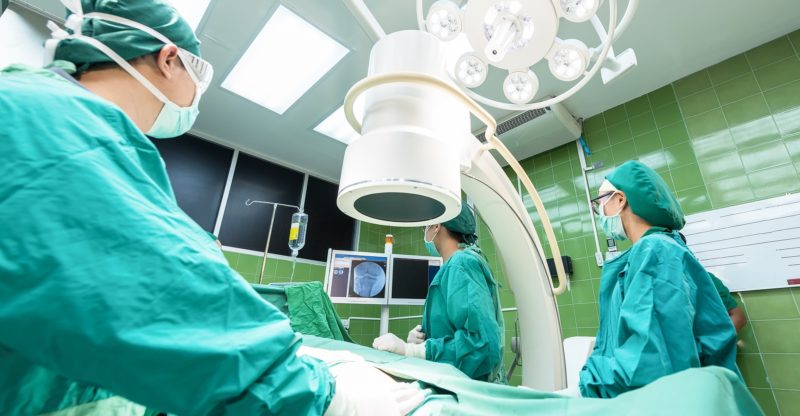3 Reasons Why Continuing Medical Education is Important for Hospitals
Why should continuing education be higher on the priority list for hospitals, and how are those who take it more seriously reaping the benefits today?
Continuing medical education (CME) is a necessary, but arduous process. In a hospital setting, it is common for individual practitioners to be responsible for their own continuing education courses – keeping on top of their compliance and finding the education themselves. Though some hospitals manage credentialing and reimbursements for CME, few have insight into how their staff engages with CME over time, and how this process could be improved.
- Ensuring License Compliance
Hospital staff is constantly audited for continuing education compliance by multiple organizations. Often this process can take a full day of staff time if it isn’t tracked appropriately. In bad cases, we’ve seen 65% compliance or less discovered by an audit, a number completely unacceptable by most compliance officers.
Not only does low compliance lead to steep fines charged to the hospital, but non-compliant staff members often have to leave their job until they are fully compliant and in some cases, permanently. License compliance is an often forgotten but incredibly important aspect of the medical process that can have very serious repercussions if ignored.
- Reducing Risks
A hospital client of ACEA who manages credentialing and training said in a recent discussion that “training and education is the best way to prevent medical issues.” We wholeheartedly agree. Ensuring staff is compliant with basic license requirements is a good start. However, continuous training specific to your hospital and department is also key to ensure greater quality of care and patient satisfaction.
- Introducing New Methods & Technology
Hospitals benefit from lowered costs, increased quality, and a competitive advantage when staff learn to use new methods and technology and are at the forefront of medical innovation. Though it is difficult to change behavior immediately, the right continuing education introduces innovation to practitioners who then utilize that knowledge in practice.
Through hundreds of conversations and partner relationships, our team has narrowed the core of these foundational benefits of continuing education in hospitals. It is this insight that drove the development of our technology and we are excited to empower healthcare networks and clinics to improve in these three areas.






